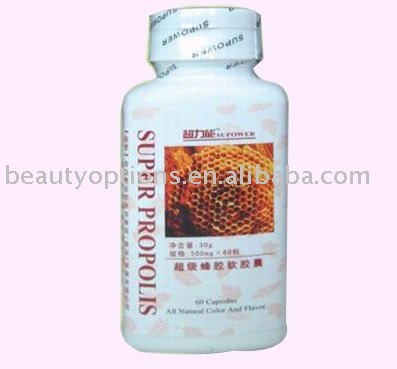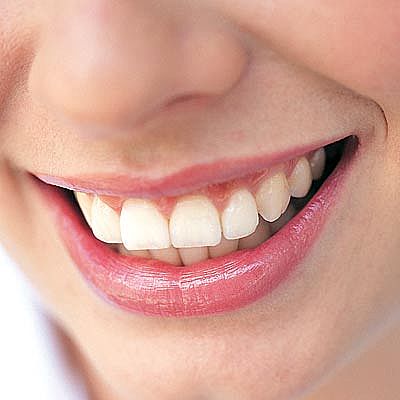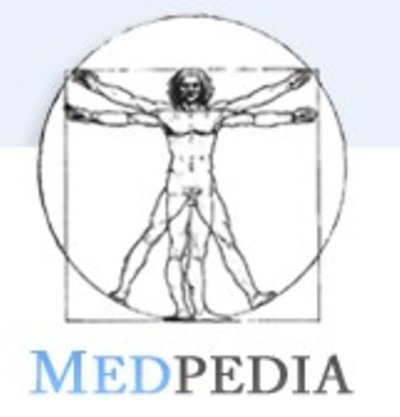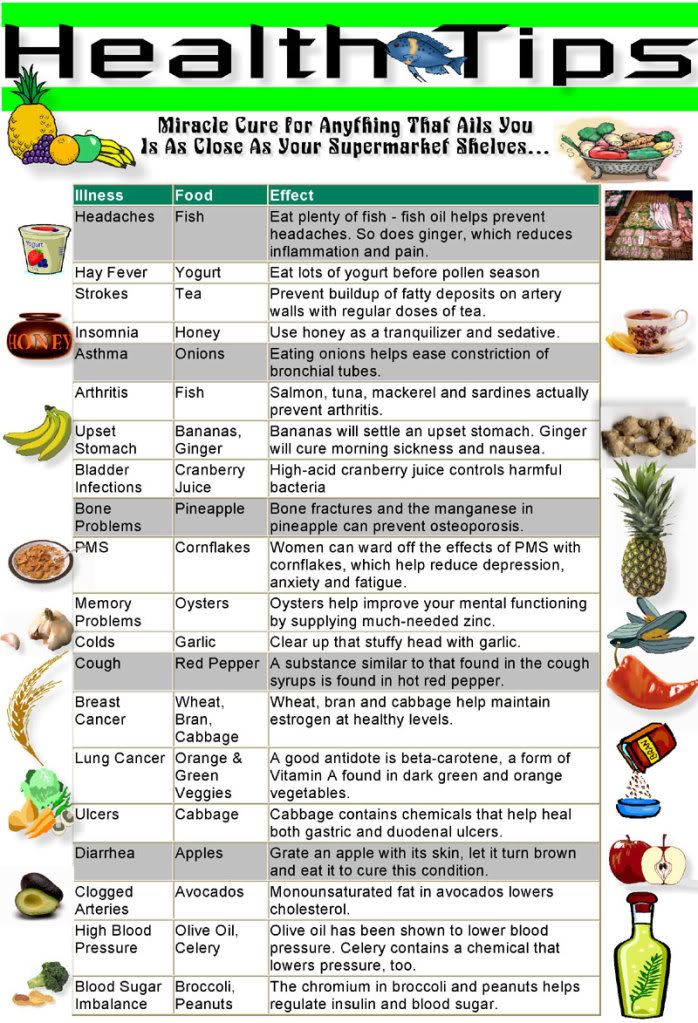for centuries and modern studies show that using a wide variety of herbs, essential oils and other natural ingredients to improve oral hygiene and prevent and treat many diseases of the teeth and gums. Many herbalists advocate preventative and holistic approach to mouth care that combines herbs with improved nutrition and effective daily oral hygiene routine.
Dental-health professionals agree that the most important factor in tooth and gum health and nutrition. Because bacteria in the mouth thrive on sugar, it is best to reduce or eliminate refined simple sugars from your diet, and eat mainly fresh food without chemicals, additives, preservatives i. Eating whole grains and high-fiber foods such as raw carrots, and thoroughly chewing stimulates the gums.
food additives also improve dental health. Antioxidants, including vitamins C and E, zinc, selenium, beta carotene and improve oral health, and folic acid reduces plaque, inflammation and bleeding in the mouth. Daily doses Coenyzme Q10 combat receding gum lines. Supplemental vitamins and minerals are important, because the body takes calcium from the bones needed jaw first in case of failure, which can lead to loose teeth. Eating kelp daily promotes healthy teeth and gums, because it is rich in vitamins, minerals and trace elements.
In addition to diet, thorough, consistent with oral-hygiene routine is important for healthy gums and teeth. Because gum disease and tooth stem mainly from excess bacteria that reside between the teeth and gums in the form of plaque and tartar, the main purpose of oral hygiene is to remove excess bacteria from the mouth. Dental professionals recommend brushing your teeth at least twice, and flossing at least once a day. Because bacteria can also collect on the tongue, tongue cleaning with a toothbrush, a commercially available tongue scraper, or even upside-down spoon, removes twice as much bacteria from your mouth just like brushing your teeth. It is also useful to thoroughly brush your gums, and inside the cheeks. Over time, bacteria can inhabit the toothbrush and re-entered the mouth of each brush, so dental care professionals advocate changing a toothbrush twice a month. You can also buy a toothbrush sterilizer, toothbrush or soak in antibacterial mouth in between uses. Electric rotary brushes have been shown to remove significantly more plaque than ordinary brushes.
Rubber tip gum stimulators continue to assist in cleansing, stimulating and massaging gums to healthy tissue. Brushing and flossing alone can not always remove enough bacteria from deep gum pockets, and dental care providers often recommend oral irrigation device such as "Water Pic" and "proxi-brush," a very small brush like a bottle brush or pipe cleaning. These tools can clean hard to reach areas between teeth, around braces and other dental work, and within the space caused by receding gums.
If you want to maintain healthy teeth and gums, of course, you can simply include the natural and herbal preparations and tools, such as natural brush or pick, powder, paste, teas and mouthwashes in your daily oral hygiene-routine. Many drugs are easy to make at home, and health food stores to sell its kind involving the same herbs and ingredients. It is important to exercise caution when using herbs. Some plants can be poisonous if used for too long or too large quantities. In addition, the active ingredients in some herbs are not recommended for certain health conditions, can react adversely with prescription medications or other drugs. It is therefore recommended, especially if you are pregnant, want to treat a child with special health conditions, or taking prescription drugs, which research plants that interest you before you use them, and consult a qualified professional if you have questions or doubts.
a lot of herbs and natural substances to promote teeth and gum health tightening of the gums, promoting blood circulation and remove plaque and debris from the mouth. To mention just a few, they include resins such as myrrh and anti-viral bee product, propolys, which stimulates the production of new tissues of the mouth, lips, lichen stronger than penicillin against strep and staph bacteria, bloodroot, and plantain, a common weed which reduces the mouth, abscesses and inflammation. High-tannin content of plants such as oak apples Krameria and also improve the health of teeth and gums. Hawthorn extract, used over time, tighten the gum tissue. Echinacea extract, antimicrobial immune strengthener, fights bacteria in the mouth. Extract of aloe vera is also used to soothe and mouth tissue. Licorice root has anti-inflammatory and antibiotic, inhibits plaque growth and mild flavor, so it is often added to toothpaste and water to rinse usta.Eterična healing oils of many plants are naturally antibacterial, antiviral and antifungal, and increase blood flow to the gums. Dental-health-enhancing essential oils are tea tree, peppermint, spearmint, eucalyptus, orange, clove, cinnamon, ginger, sage, rosemary, thyme, anise and fennel, to name a few.
Many traditional cultures are natural, disposable toothbrush and gum stimulators of twigs and roots of herbs. Bay, fir, pine, eucalyptus, oak, willow, and the neem tree twigs were used for this purpose, as well as the roots of the mallow, horseradish, alfalfa, and sweet. Health-food stores often sell a rough equivalent, wooden toothpicks soaked with healing essential oils. You can even make your own by putting undyed wooden toothpicks in a jar and cover them with a dental health-enhancing essential oils. Let them soak in oil overnight, and then allow them to air dry.
To prepare a simple homemade toothpaste, mix a small amount of baking soda with just enough hydrogen peroxide to form paste. Apply this paste on the gums, inside and out, and then put a rubber gum stimulator point between the teeth, and rotate in a circular motion for several seconds. Repeat this routine twice a day. Many of the tooth and gum problems can occur when the pH inside the mouth is too acidic, baking powder and alkalinizes mouth. You can also add small amounts of zinc sulphate, folic acid (you can grind to a powder and in a coffee grinder or with mortar and pestle), liquid vitamin E, one or two drops of peppermint or tea tree essential oil, or hawthorn, echinacea, and aloe vera extracts. Experiment to find the mix that best suits you. Other effective dentifrice ingredients are alum, salt, blackened eggplant, myrrh gum, turmeric, and white oak or prickly ash bark. In some cases of severe gum disease, tooth powder wrap in cheesecloth and put them in the corners of the mouth of the night was cured state in just a few months.
Herbal teas or extracts can replace the water in your oral irrigator or serve as mouthwashes, for additional benefits. Even commercial mouth, Listerine contains anti-bacterial thymol, which is derived from the herb thyme. Since thymol reduce gingivitis, Listerine also works well in the oral irrigator. You can also prepare homemade mouthwashes by steeping dried herbs in vodka or cider vinegar. Good mouth herbs include cloves, coriander, dill, sage, peppermint, spearmint, eucalyptus, cinnamon, rosemary, fennel, sage, basil, cardamom, parsley, ginger, blackberry leaf, calendula and chamomile flowers, Echinacea and marshmallow root, mint , raspberry leaf, basil, sage, thyme, and yarrow, to name a few.
As this review shows, you can easily improve the health of teeth and gums, of course, combining plants with proper nutrition and diet. For further information, including specific recipes, contact the sources listed below.
Sources:
- "Herbal Care of teeth and gums," map Purkh Singh Khalsa, the Herb Quarterly , Issue 79, summer of 1998.
- "natural remedy for gingivitis, toothaches and mouth sores," by Rudy Silva, the EzineArticles.com .
- "Herbs for dental health," Christopher Hobbs L.Ac., AHG, the www.healthy.net .
- "Periodontal disease" Janet Zand L.Ac., OMD on www.healthy.net .
- "Herbal Therapy in Dentistry," by Flora Parsa Stay DDS, from The Complete Book of Dental Remedies .
- Beauty By Nature , by Brigitte Mars.
- that live on Earth , by Alicia Bay Laurel.




























